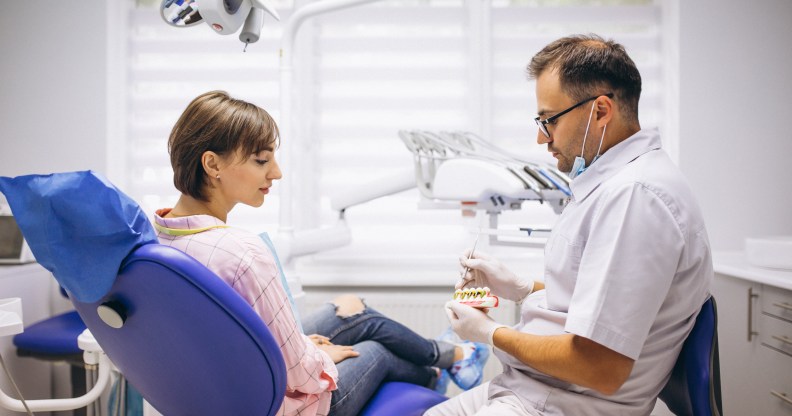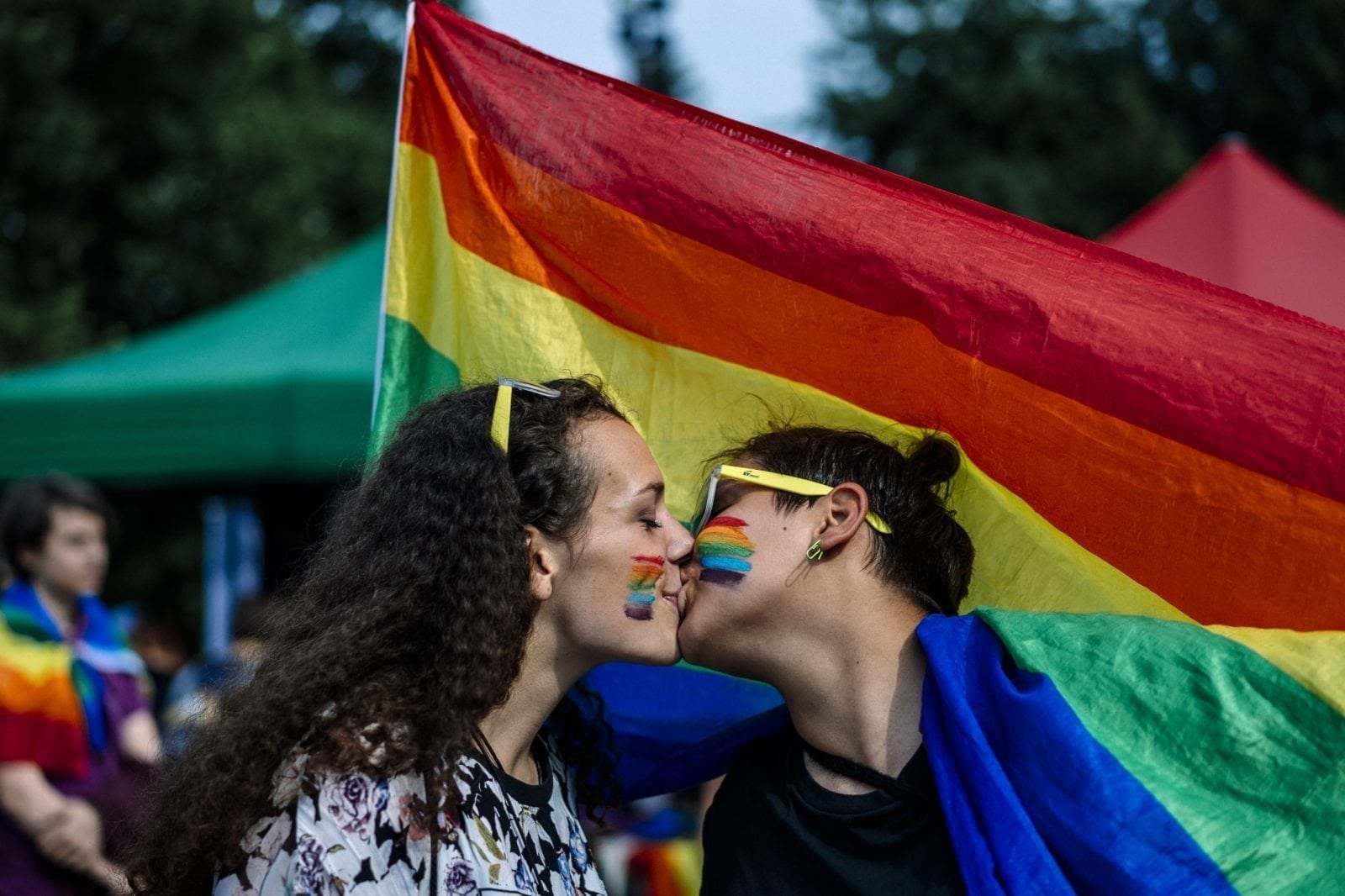Hospital receptionist refused to acknowledge woman’s same-sex partner: ‘I’ll just put friend’

The study found that LGBT+ women face “worrying” levels of ignorance from healthcare professionals. (pxhere)
LGBT+ women face “significant barriers” when it comes to accessing healthcare, according to a pioneering new report.
The publication – believed to be the first of its kind – found that the sexual minority women experienced prejudice and ignorance from healthcare professionals.
“I was scheduled for a small bit of surgery and was asked to give a pregnancy test,” said one participant.
“I pointed out that I was not only a gay woman but also post-op male-to-female trans. The reply was ‘Well, best to be sure.'”
LGBT+ women face prejudice and ignorance from healthcare professionals, finds report.

A couple kisses during Pride. (DIMITAR DILKOFF/AFP/Getty)
The report, published in the journal International Journal of Environmental Research and Public Health, analysed the experiences of LGBT+ women in 26 different health areas between 2010 and 2018.
The research was led by professor Catherine Meads at Anglia Ruskin University, alongside researchers at Leeds University and Birmingham City Council.
“If you were feeling bad about yourself, you’ve got low self-esteem or had the experience of homophobic abuse, and then you went somewhere and couldn’t find the information you wanted, it reinforces the difference,” said one woman in the review.
Another said: “I had knee surgery and woke up on a male ward – clearly they had looked at my face and overruled my notes.”
The locum first ignored my introduction as ‘partner’ and continued to call me ‘friend’ for the rest of the session.
A number of the women in the report also complained of negative responses after revealing their sexuality or gender identity to doctors or nurses.
“The locum first ignored my introduction as ‘partner’ and continued to call me ‘friend’ for the rest of the session,” said one respondent who accompanied her partner as she received treatment.
Another said: “[The receptionist] refused to put down my partner’s name and partner/next of kin, kept saying, ‘I’ll just put friend.’ I said, ‘No, I want you to put partner,’ and she looked at me all lips pursed and said, ‘I’ll just put friend.'”
New report uncovers “worrying” lack of knowledge of LGBT+ women.
Meads said that the research uncovered a “worrying lack of knowledge of the issues, unfairness, negativity, and blatant discrimination” in the healthcare sector.
“However, our research uncovered a worrying lack of knowledge of the issues, unfairness, negativity, and blatant discrimination,” she added.
“These studies found significant barriers to sexual minority women, highlighting the need for explicit and consistent education for healthcare professionals on the issues facing these women.”
She continued: “This is the first review of its kind focusing purely on the experiences of sexual minority women and healthcare in the UK, drawing on 26 different studies.”

